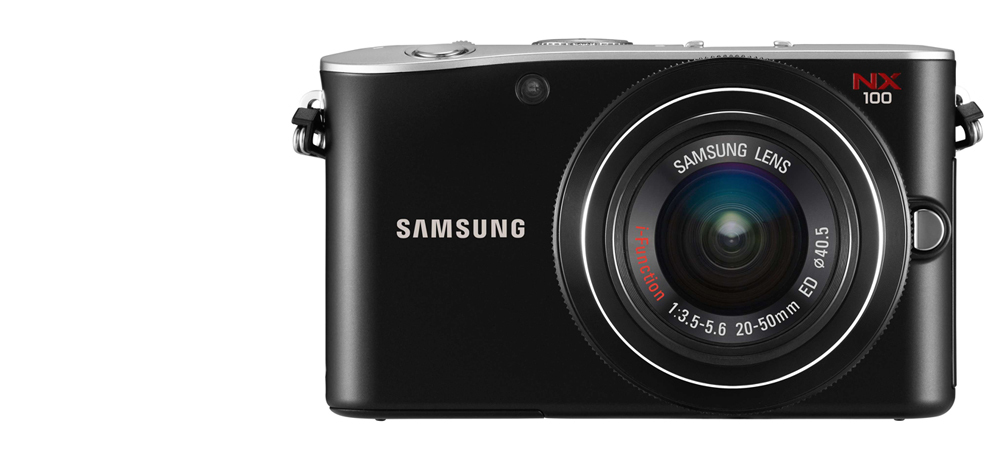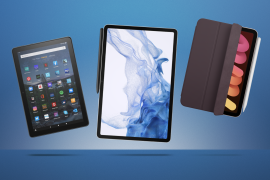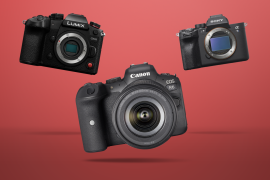Samsung NX100 review
Samsung’s new NX camera increases the features but decreases the size. But is it enough to trump the Sony NEX-5?

Compact, retro-styled, powerful and toting a clever lens that promises to make your snapping experience a breeze – could the Samsung NX100 be the compact system camera to wean you off your DSLR?
In short, not really. The NX100 is another mirrorless snapper that promises DSLR-rivalling performance in a small body – but, for a number of reasons, it hasn’t captured our hearts.
The small body claim is accurate enough: the NX100 is lightweight and compact, and even the lens concertinas down to keep things as tidy as possible. It’s not pocket-sized – but then again nor are any of its rivals, except perhaps the Sony NEX-5 with a pancake lens attached.
Smooth customer
That’s not to say the design is a winner. The fact that the body is made of metal rather than plastic is welcome, but its smoothness isn’t. It doesn’t feel secure enough in your mitt, and more lumps or a rougher finish would’ve improved the grip no end.
There are other dubious design decisions, too: the lack of a built-in flash, mainly. You’ll either have to buy an external flashgun or go without. There’s no electronic viewfinder either, but that’s less of an issue.
One bit of design that does work well is the I-Function button on the kit lens. Tapping this brings up a menu bar along the bottom of the screen, and you can zip through options – ISO, say, or aperture – by twisting the zoom ring. Of course, you only get this with an I-Function-equipped lens attached.
Another thumbs-up-worthy bit of the NX100 is its display, which uses AMOLED tech. Its colour reproduction trumps the LCD screens on most cameras, with blues and yellows blazing out, and the live view barely lags. In playback mode, your snaps and videos look stiletto sharp.
So design is a mixed bag, but what about performance? Well, the autofocus is another disappointment: it’s inaccurate and often works at the speed of a soporific sloth, especially in low light.
Big sensor
Photo quality is good, with the DSLR-sized APS-C CMOS sensor proving capable of delivering great detail and colour in good lighting. There’s a nice depth of field to certain shots, too, with out-of-focus backgrounds adding a dash of class.
Noise starts to creep into photos at about ISO 400, and colours and detail starts to take a serious hit at ISO 800 – so investing in that external flash could prove a necessity for anyone who doesn’t live in perpetually sunny climes.
The video quality could be better as well. While the 720p clips themselves are fine detail and colour-wise, you can only record mono sound, and there’s no input for an external microphone.



